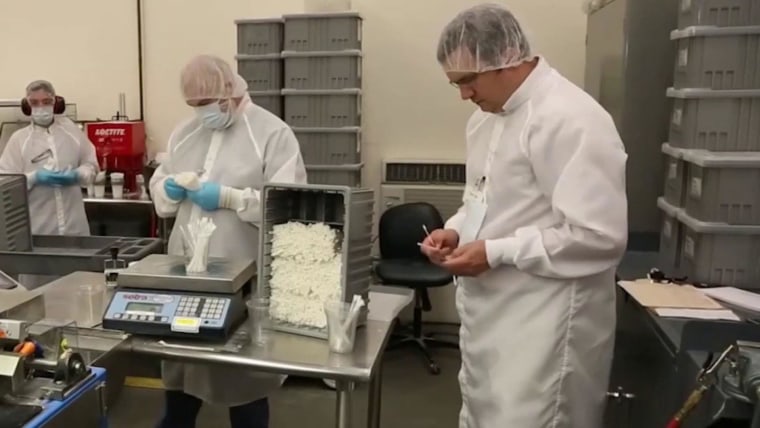Never let a perfectly good crisis go to waste; that’s the mantra of many a skilled con artist. Twenty-five years in the FBI has taught me we’re about to see this fraudster philosophy run almost as rampant as the virus that inspires it. And just as we need to take preventive measures to “flatten the curve” of the coronavirus’ growth, so too must we all work to contain the crooks and cons who will prey on the most vulnerable among us. As with the virus, our government, our companies and our families can act now to minimize the misery later.
Just as we need to take preventive measures to “flatten the curve” of the coronavirus’s growth, so too must we all work to contain the crooks and cons.
From social media rumors to cable news science deniers to state-sponsored disinformation campaigns to opportunistic hackers, COVID-19, the disease caused by the coronavirus, will test our collective capacity to detect and deter those with no real regard for our safety or who seek to profit from calamity. On an even grander scale, the passage of federal legislation to mitigate the economic impact of the virus with cash, loans and corporate relief will bring an inevitable feeding frenzy of fraudsters, corrupt officials, liars and cheats to the government trough.
Get the think newsletter.
Even seemingly silly coronavirus cure-all claims can be dangerous when they delude people into thinking they are safe from infection. Despite efforts by the World Health Organization to debunk at least a dozen coronavirus myths, many of these falsehoods continue to circulate. The spectrum of scams runs the gamut from the nonsensical to the nefarious. NBC News has already uncovered a glut of unverified websites allegedly selling dodgy coronavirus test kits, for example, some going for outlandish sums. Scams involving fake Starbucks coupons are suddenly everywhere. We must all become smarter consumers of information during this crisis.
Like hyenas at a watering hole, hackers are silently stalking the surge of “work from home” employees. Many of us are voluntarily practicing social isolation by working from home, and many others have been mandated to do so, by either their employers or their government officials. But companies may be ill-prepared for the threat posed by large numbers of employees taking their devices home, accessing and transmitting sensitive corporate data, customer systems and personally identifiable information, without benefit of cybersecurity measures such as two-factor authentication, encryption and virtual private networks. Imagine the accounts payable clerk innocently submitting payment to a hacker pretending to be a trusted customer. Before you access your company’s data from home, check with your employer’s IT professional and ensure the strongest possible security is in place.
Now that the House and the Senate have approved coronavirus aid bills and the Senate works on a third bill, vast sums of money may soon become available to citizens, businesses, communities and entire industries. It’s only a matter of time before corrupt cretins start fraudulently filling out applications for our taxpayer funds to which they have no rightful claim.
We’ve seen this before. In the aftermath of 9/11, a single contractor for the Federal Emergency Management Agency working disaster relief efforts stole $2.5 million in government funds. Following the subprime mortgage crisis of 2008, Congress passed the Troubled Asset Relief Program (TARP) to purchase assets from financial institutions in danger of failing. Hundreds of criminal and civil investigations were opened, and an inspector general was appointed, to address the widespread fraud involving false statements by those institutions about how and why they were spending our money. Similar fraud followed in the path of Hurricane Katrina, with at least $2 billion worth of scams and schemes at taxpayer expense
But the 9/11, TARP and Katrina relief debacles will seem like a mere head cold compared to the virulence of the fraud that’s about to plague the American taxpayer. Today’s high-speed digital con men will bilk us before we even knew what hit us. As detailed in a recent article in Mother Jones, Stephen Kohn, a lawyer who is chairman of the National Whistleblower Center, believes a veritable storm of fraud is on the horizon. Kohn sent a letter to Attorney General William Barr requesting that the Justice Department establish a task force “to monitor and investigate violations of the False Claims Act” in cases of coronavirus-related fraud.
Kohn is right. But the federal government’s delay in foreseeing and responding to the coronavirus has already taken a toll on our economy. While this virus will bring out the best of American resilience and benevolence, let’s not add to the damage by enabling further losses at the hands of the worst among us.













